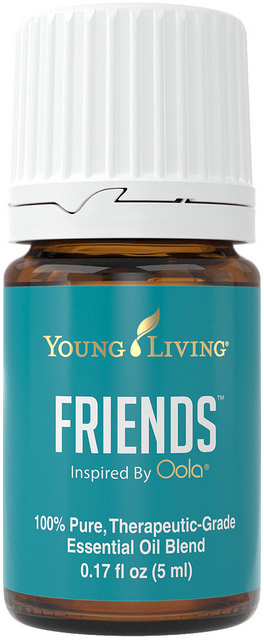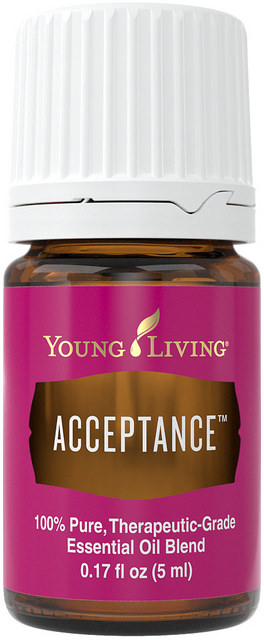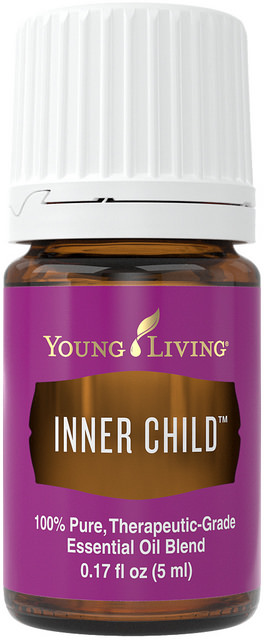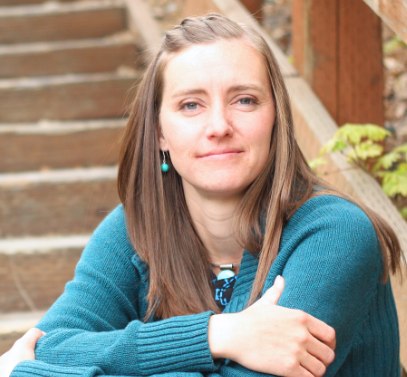February is the month we celebrate love in all its forms, so it’s a great time to focus on how we can better care for our relationships with others. After all, healthy relationships are an important part of a happy life and healthy emotional well-being.
To get some expert relationship advice, we talked to Ava Hanson, a licensed marriage and family therapist. Whether you’re curious how to make friends or how to deepen your relationship with your significant other, her six suggestions can help you find and develop genuine connections from start to finish. And since we find benefits of essential oils in every aspect of life, we’ve also included some of our favorite oils to help you create an environment that fosters love and harmony.
6 ways to cultivate genuine relationships
Ava Hanson
We are born with the basic need for love and belonging, and it is in our nature to long for connection. Human relationships are the most emotionally rewarding and risky things that we do. Relationships have an evolutionary function, as people with more social support are able to live longer and healthier lives.¹
On the flip side, loss of an important relationship can be one of the most distressing things a person can go through. It can feel like a double bind knowing that we absolutely need other people and that other people may hurt us. So what can we do? We can cultivate genuine relationships. Here are six ways to do that:
1. Be open to initiating and receiving the seeds of new relationships: Usually, a new relationship starts with seeing someone or being introduced and simply talking to him or her. It may start with small talk about the location, the occasion, or the weather and gradually move to conversations of more substance. The better you are at initiating or being open to receiving new relationships, the more chances you have for increased social support.
2. Grow the relationship: Someone can go from a stranger to a friend if you discover you have things in common, find something about him or her attractive or interesting, or enjoy your time together. Getting to know someone and feeling known by someone is a satisfying experience because it can fulfill our deep-rooted need for love and belonging. Be patient: Growing an authentic relationship can take time.
3. Eliminate any pests or unsafe relationships: Determine the right balance between safety and support. The closer the relationship, the more potential support. The danger with close relationships is that they may lack boundaries and put you at risk for being hurt and mistreated. Just because you have been in a relationship with someone for a long time does not mean that it is a safe relationship. Recognize red flags that are putting you at risk and be responsive to your feelings.
4. Invest in your relationships proportional to their priority level: Not all relationships are equal. Closer relationships require more time, care, and investment. Evaluate if the caretaking that you are putting into your relationships is proportional to the priority level they have in your life. Don’t neglect your most dear relationships simply because you are used to them being there.
5. Weather the storms: When people’s relationships have been through adversity, it is easy to hold on to the pain and trauma. It is easy to blame, especially when things feel out of your control. Take accountability if you had any part in making things worse and try to repair any relational damage. Just like trees being strengthened by strong winds, learning to repair relational pain and release any residual resentment brings strength and depth to relationships.
6. Appreciate and enjoy the beauty in your relationships: Healthy relationships have five positive interactions to every one negative interaction.² Sometimes there are many positive things happening in your relationships that go unappreciated. Notice the beautiful and thoughtful things that those closest to you do to love and serve you. Find ways to admire their beautiful qualities and thank them out loud.
About Ava: Ava Hanson is a licensed marriage and family therapist in northern Utah who specializes in relational therapy and trauma recovery. She is passionate about helping people identify their strengths and using recreation as a means for recovery. When she is not at work, you can find her spending time with her family, playing pickleball, meditating, hiking, or making art.
Oils for Relationships

Forgiveness™: Create a relaxing and grounding space to process emotions and cultivate relationships with this blend, featuring oils such as Melissa, Lavender, Frankincense, and Royal Hawaiian Sandalwood™.

Gratitude™: Spend a moment appreciating all that loved ones do for you with the rich, centering aroma of oils such as Frankincense, Northern Lights Black Spruce, Vetiver, and Ylang Ylang.

Oola Family™: Foster feelings of love and acceptance for some of your most important relationships: your family members. Featuring oils such as Bergamot, Lemon, Lavender, and Jasmine, this blend creates a calm, relaxing environment.

Oola Friends™: Encourage feelings of harmony and self-worth to help you strengthen relationships using this blend’s sweet, earthy aroma that features Lavender, Frankincense, Blue Cypress, and Palo Santo.

Acceptance™: Practice being at peace with yourself and others with the help of the sweet, calming aroma of oils such as Frankincense, Royal Hawaiian Sandalwood, Bergamot, Rose, Grapefruit, and Spearmint.

Inner Child™: Support your efforts to find and stay true to your authentic self with the warm, sweet aroma of oils such as Orange, Black Spruce, Lemongrass, and Royal Hawaiian Sandalwood.
¹ Holt-Lunstad, J., & Uchino, B. (2015). Social support and health. In K. Glanz, B. K. Rimer, & K. Viswanath (Eds.), Health behavior: Theory, research, and practice (pp. 183–204). San Francisco, CA: Jossey-Bass.
² Gottman, J. M. (2011). The science of trust: Emotional attunement for couples. New York, NY: W.W. Norton & Company.
How do you find and foster genuine relationships? Share your tips below!
* Please note that all comments are moderated and won't appear immediately. Additionally, some posts may be slightly modified or deleted to maintain compliance with Young Living’s Policies and Procedures and federal regulations. To ensure your comments are compliant, please refer to the Sharing Young Living the Right Way document.




